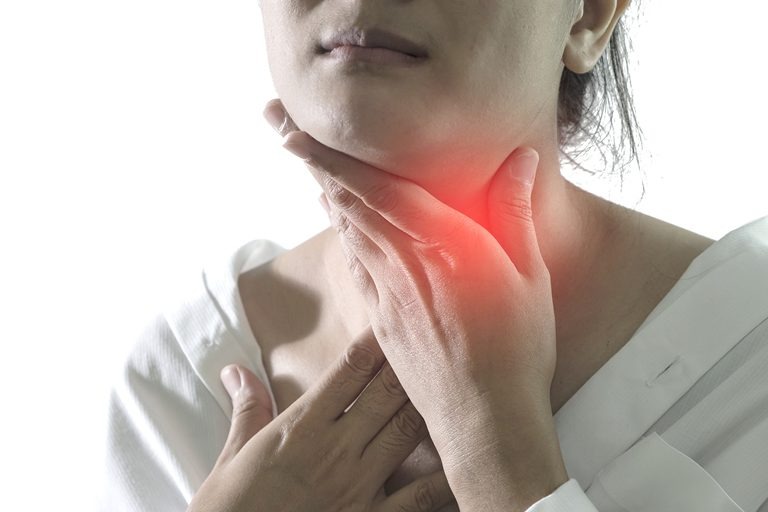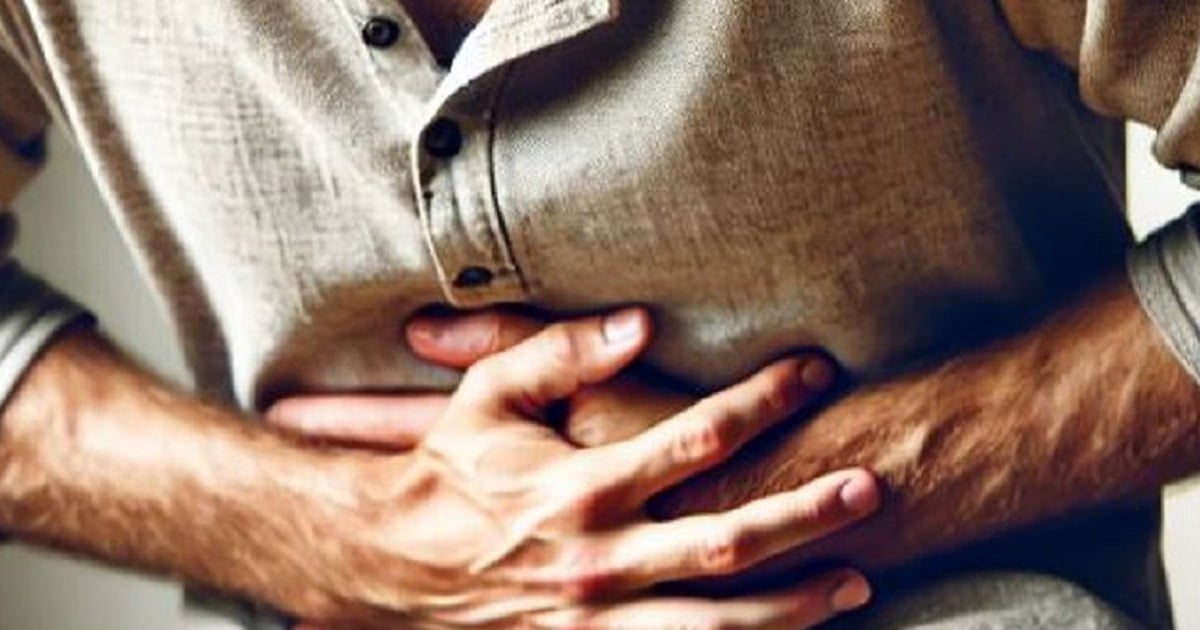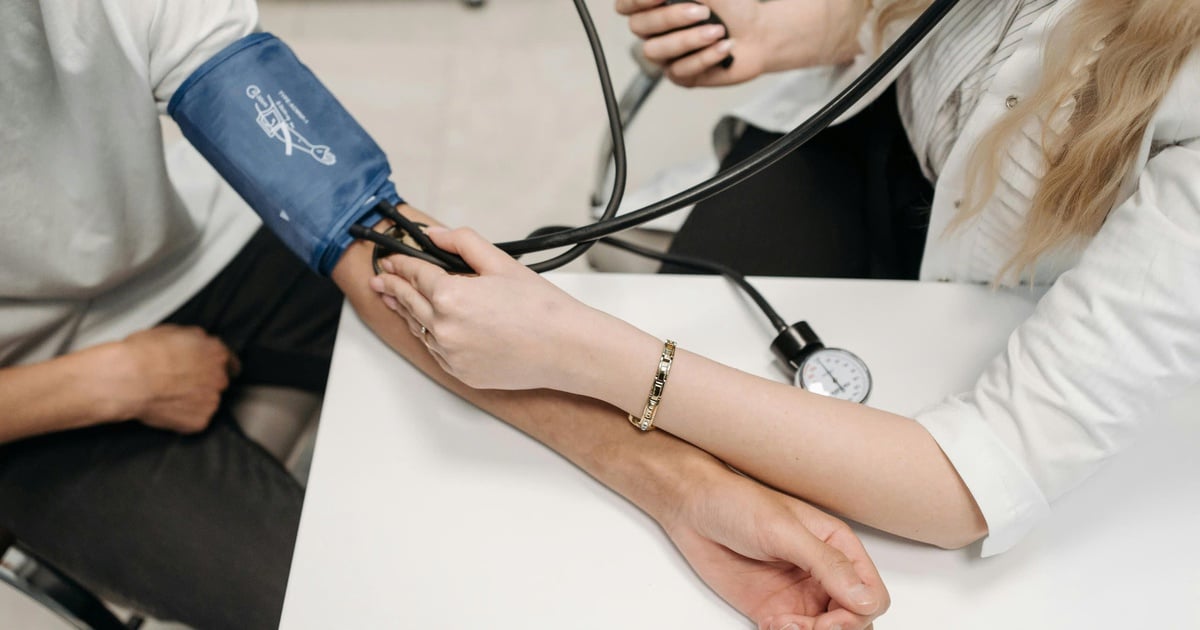Gastroesophageal reflux, is it due to modern lifestyle?
Irregular eating, drinking a lot of alcohol and carbonated drinks, and lying down right after eating can cause gastroesophageal reflux.
Gastroesophageal reflux is a common disease among digestive tract diseases. Anyone is at risk of getting the disease.
MSc. Dr. Doan Hoang Long, Center for Endoscopy and Endoscopic Surgery of Digestive System, Tam Anh General Hospital, Ho Chi Minh City, said that gastroesophageal reflux tends to increase, especially in people with unhealthy lifestyles and eating habits.
 |
| Not eating and drinking in moderation, drinking a lot of alcohol and carbonated drinks, and lying down right after eating can cause gastroesophageal reflux. |
The Endoscopy and Endoscopic Surgery Center of this hospital said that in the first 6 months of the year, it received more than 40,000 visits, of which more than 12,000 people had gastric reflux at various levels, an increase of 40% compared to the same period last year. It is estimated that for every 4 people who come for examination, one has gastroesophageal reflux. Many cases of the disease are due to unscientific lifestyles.
Gastroesophageal reflux is caused by many factors. Among them, factors that cannot be changed are age, gender or genetics. Daily habits such as consuming a lot of fast food, stimulants, carbonated drinks, smoking, and alcohol abuse are influencing factors.
Factors such as lack of exercise, lying down immediately after eating, and frequent stress also promote the onset or increase of gastroesophageal reflux.
Doctor Long explained that unhealthy eating habits, unscientific living and exercise put pressure on the esophageal sphincter, causing the esophageal sphincter to weaken over time and open and close abnormally, creating conditions for stomach acid to reflux out of control.
An unbalanced diet also leads to excessive weight gain, increasing pressure and volume in the abdomen, directly affecting the lower esophageal sphincter. This is a risk factor for hiatal hernia.
Busy modern life easily causes many people to be stressed and stressed for a long time. At this time, gastric acid is over-regulated, along with strong stomach contractions, causing the cardiac muscle (smooth muscle separating the esophagus and stomach) to expand, making it easy for acid to reflux.
Stress also causes digestive dysfunction, food remaining in the stomach produces gas, increasing pressure, causing the cardia to open, causing gastric reflux.
Like Ms. N., 37 years old, is the Head of Accounting Department of a company. Due to her busy work schedule, she hardly has time to exercise, and her weight has increased uncontrollably. For the past few months, she has been suffering from heartburn, bitter mouth, pain in the epigastric region (above the navel), hoarseness and persistent cough. She thought she had pneumonia, but taking cough medicine for several months did not help.
The doctor diagnosed Ms. Ng with gastroesophageal reflux disease, causing a persistent cough. The main cause was an unscientific lifestyle and work pressure, according to Dr. Long. After three months of taking medication combined with changing her lifestyle to a healthy one and reducing work pressure, her symptoms improved significantly.
About 20-80% of patients do not detect lesions on endoscopy," the doctor added, adding that it is easy to miss or confuse with other digestive diseases. The disease causes unpleasant symptoms such as belching, heartburn, heartburn, nausea, vomiting, sore throat, hoarseness, cough, and pain in the epigastric region (above the navel).
To diagnose this disease, specialized tests such as 24-hour esophageal pH and impedance measurements are required. Based on the number of reflux episodes, the nature of the reflux episodes, the time the esophagus is exposed to acid, etc., the doctor will accurately diagnose the cause and provide appropriate treatment.
Treatment is medication or surgery combined with a scientific diet, lifestyle, exercise, and maintaining a reasonable weight. Symptoms can gradually improve and the disease can be completely cured.
To prevent this, Dr. Long recommends not gaining too much weight, not eating too much, not using alcohol, dividing meals into small portions (4-5 meals per day), and not lying down immediately after meals.
People with stress-induced acid reflux need to balance work and participate in rest and recreational activities to reduce stress and anxiety. A relaxed state of mind helps increase treatment effectiveness.
In cases where lifestyle changes and medical treatment are not effective after 3-6 months, the doctor may consider endoscopic surgery or endoscopic transoral surgery to create an anti-reflux valve.
Source: https://baodautu.vn/trao-nguoc-da-day-thuc-quan-co-phai-do-loi-song-hien-dai-d221599.html






![[Photo] Relatives of victims of the earthquake in Myanmar were moved and grateful to the rescue team of the Vietnamese Ministry of National Defense.](https://vstatic.vietnam.vn/vietnam/resource/IMAGE/2025/4/2/aa6a37e9b59543dfb0ddc7f44162a7a7)
![[Photo] Third meeting of the Organizing Subcommittee serving the 14th National Party Congress](https://vstatic.vietnam.vn/vietnam/resource/IMAGE/2025/4/2/3f342a185e714df58aad8c0fc08e4af2)

























































































Comment (0)